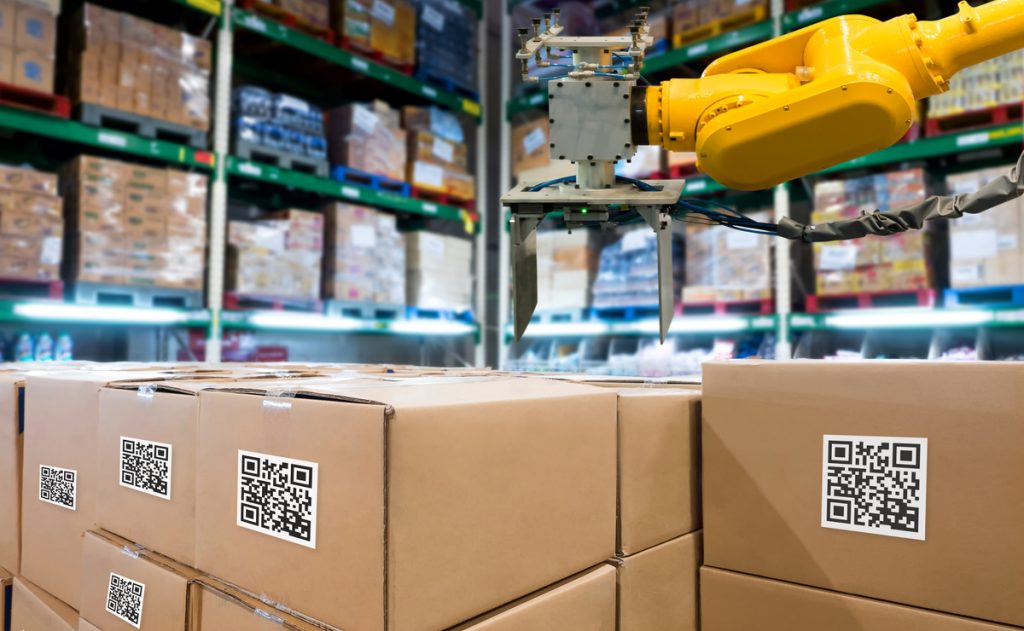Like most industries, transportation and logistics (T and amp;L) are undergoing a significant change due to the pandemic. With all the changes coming up in the industry, it brings risk and opportunity too. Logistics and transportation are no different.
The industry is going forward with new technology, new market entrants, new customer expectations, and new business models. According to the July Logistics Manager’s Index (LMI) report, the logistics industry continues to recover from the hit, which went to the same extent as that of the COVID-19 pandemic.
As technology is a great contributor in digital times, it plays a significant role in the logistics sector too. Companies in the field of supply chain and logistics are undergoing some major digital transformation; the influence of new technology is going at great speed. The active logistics companies worldwide know that they have to leverage the best technologies such as AI (artificial intelligence) and Big Data, to remain competitive.
In this blog, we will take an overview of how these technologies will contribute to development. However, we will take one technology at a time. Firstly, we will highlight the role of Artificial Intelligence in logistics industry.
How artificial intelligence contributes to the development of the logistics sector?
It is said that computers using AI can gather and analyze information to make informed decisions within seconds. AI helps in transforming warehousing operations in various functions and forms. Below are the diverse tasks of AI in logistics industry:
- It helps gather data through remote sensing, IoT (Internet of Things), telematics, and geospatial mapping.
- It leverages trip sheets and real-time statistics and thus, calculates the delivery time for each shipment.
- AI solutions are rule-based, helping in fraud detection and errors by tracking supply chain events and related documents.
- Rules set to AI solution can evaluate job priority, cargo type, weather, and traffic situation.
- It can also analyze the resource capabilities for making business decisions about the movement of freight.
- It helps in optimizing daily schedules and performing maintenance activities for rail lines in Hong Kong.
- AI lists out product-related details such as volume, weight, and type of the product. Also, robots are being used to indicate the number of shipments and transport prerequisites, such as ambient temperature or humidity.
Therefore, AI features are the way to save time and money as it automates time-consuming processes and helps in demand forecasting. AI detects logistics route optimization, which helps in reducing the cost of shipping, ultimately lifting profits.
How big data contributes to the development of the logistics sector?
Vijay Raja, Director, Industry and Solutions Marketing at Cloudera, believes that everything at all stages of the logistics chain revolves around data. “A critical capability required to enhance process performance is mastering the Big Data management lifecycle,” says Raja.
He added, “Companies need to be able to ingest and process their data across diverse sources, including external data sets such as weather, geopolitical implications, local event calendars, or social commentary data.”
- Integrating supply chain data streams from multiple logistics providers can cut down current market fragmentation. Big data suggests enterprises and government agencies with optimal locations to be distributed in robust distribution infrastructure.
- Machine learning and big data in logistics can help predict unforeseen circumstances; it reduces the chance of any mishappening during delivery.
- With big data, sensors will become more prevalent in vehicles, shipping, and throughout the supply chain. If a shipment is predicted to be late, it can keep the customers, carriers, and shippers informed. This information is further used to negotiate with shippers to deliver the goods on time.
- Weather data, road maintenance data, fleet maintenance schedules, and personnel schedules are examples of big data and predictive analysis. It helps in optimizing routes and giving a fair status of shipments.
- Big data helps in faster delivery of perishable goods, overcoming challenges for logistics companies. The sensors would suggest drivers change the route if the current path would damage or destroy and recommend alternative ways.
- Big data working in combination with the Internet of Things (IoT) and automation can transform the operations. With the use of robots, it can help in grabbing items from the warehouse shelves. The automated drones can assist in delivering things to people, changing the entire picture of logistics.
Interesting facts about big data
- There are about 90% of the Fortune 1000 companies that are planning to turn up their investment in big data. It means the market size of global supply chain analytics will increase and is predicted to reach USD 9,875.2 million by 2025.
- “According to a recent study by Grand View Research, the global supply chain analytics market size is expected to reach USD 9,875.2 million by 2025, registering a CAGR of 16.4% from 2019 to 2025.”
In short, the companies’ challenges can be overcome by the implementation of big data and artificial intelligence. The goal of technologies is mainly to optimize the backend event and operations for the benefit of the company, consumer, and everyone. It means that companies’ effective use of big data and artificial intelligence can revolutionize the global logistics and supply chain management.
If technology such as AI and Big Data interests you, download our latest whitepapers on Big Data.













